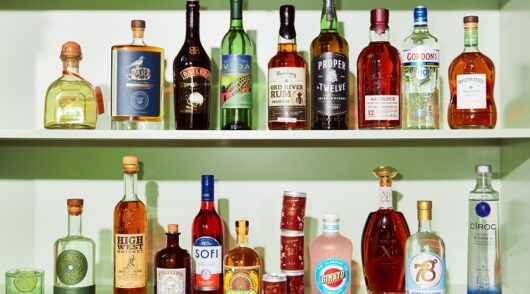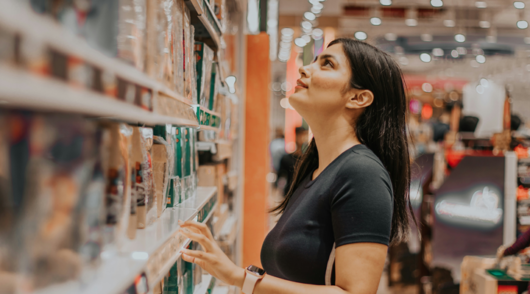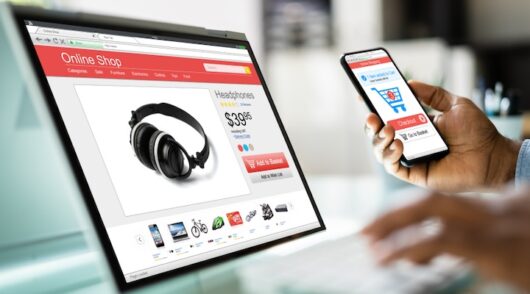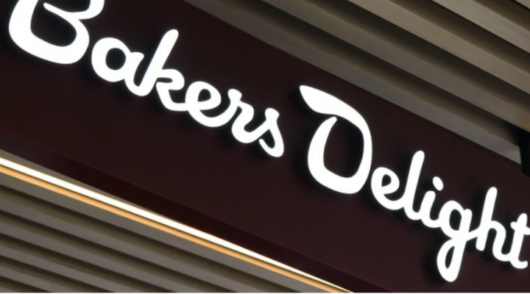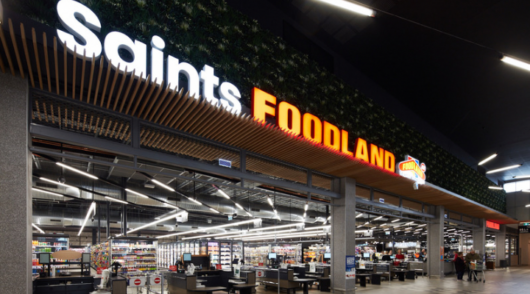
Environment concerns will outlive the pandemic
Covid-19 has heightened consumers’ focus on health and safety when making purchase decisions. While consumers are less concerned with sustainability right now, brands need to think long term. Mainstream awareness of health and safety will outlast this pandemic and environmental concerns are not going away.
Manufacturers need to invest in sustainable and environmentally responsible packaging that addresses consumer concerns, doing so now will give the upper hand post pandemic.
Sustainability has become a crucial feature shoppers seek out, with 56 per cent of shoppers trying to buy environmentally friendly products. This is evident even in Kitchen bags which category which are growing rapidly at 44 per cent in the last year as consumers become more environmentally conscious. Environmentally friendly bags now make up 17 per cent of Kitchen Tidy bag sales, and household penetration has grown 9.2 points to 15.5 per cent. Shoppers are willing to pay the small premium for plant-based, compostable, recyclable and biodegradable bags.
Consumer willing to pay for convenient packaging
While Covid-19 stockpiling mentality drove dry rice sales up by 24 per cent compared to a year ago. It’s important to note that the category was still delivering strong growth through the single serve pack option sales growing by 11 per cent (+$17 million). This format also commands a price premium of +$6 more per kilo with shoppers willing to pay more for the convenience offered. The research reinforces this as we know that 34 per cent of shoppers rely on convenience products to make cooking simpler and quicker.
Bioplastic gain momentum
Bioplastics are a plastic material produced from renewable biomass sources such as vegetable fats and oils, corn starch, straw, woodchips, sawdust recycles food waste etc. Simply put their impact on the environment is significantly less than traditional plastics. However while this technology is relatively new the barrier to mass adoption is the cost, which is currently much higher than current plastic options. Although given consumers growing awareness this is could be set to change.
Paper replaces plastic
Paper is increasingly suggested as a substitute for plastic packaging and more so than bioplastics. Unfortunately Paper packaging generally requires several more times mass to fulfill the same function as a plastic option. Carlsberg recently launched what they claimed is the worlds first paper beer bottle made with sustainable recyclable wood fibres. The project has been 5 years in the making but will not been seen at your local bottle shop just yet as it’s still a currently a working prototype only.
Future focus
A plastic tax coming to the UK in 2022 which was announced at the March 2020 Budget. The UK has announced details of plans for a tax on plastic packaging to help boost recycling. From April 2022, manufacturers and importers in the UK will be charged £200 per tonne on plastic packaging made of less than 30 per cent recycled content. The plastics tax could result in a significant increase in costs for some manufacturers and importers. Will this tax spread to other markets? At the very least it should place even more focus on finding a suitable alternative to the current options.
Authors: Justin Nel, lead consultant; and Sabrina Sarwar, associate consultant.

